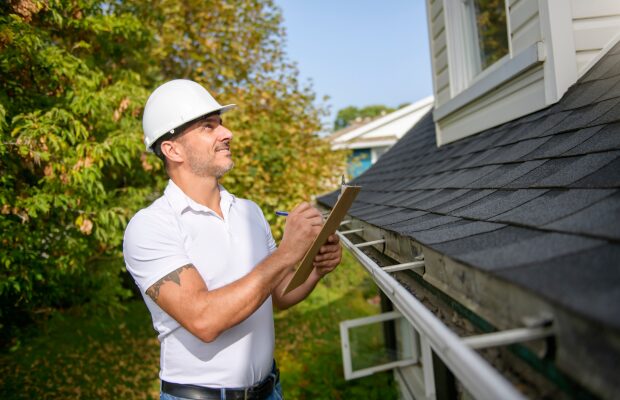Buying a new build home is an exciting prospect, and with 10,000s of new properties being built each year in the UK, a brand-new home may well cross your radar if you’re house hunting. While new builds have no shortage of coveted features to offer, they can also come with a unique set of challenges as the buying process is slightly different to that of buying a traditional home.
Read on to find out everything you need to know about buying a new build home…
The benefit of buying a new build
New builds come with endless benefits that attract thousands of buyers each year, and one of the biggest selling points is the advantage of becoming the first owner of the home and having a say in its design. Repairs and redecoration costs are also expected to be kept to a minimum in a property that hasn’t yet been personalised or touched by wear and tear, allowing buyers
to move into a ready-made home. New build buyers may also be given the opportunity to choose the property’s fixtures and fittings to tailor the interior to their taste – eliminating the need for any expensive work upon moving in.
New builds make a wonderful first home, and first-time buyers are especially incentivised by Government help such as the First Homes scheme, in which first-time buyers may have the opportunity to buy their home for 30% to 50% less than its market value. For those who aren’t used to budgeting for monthly bills, there’s also the added incentive of high energy efficiency, allowing the owner to spend much less on energy bills than they would in an older home.
Getting a mortgage on a new build home
When it comes to taking out a mortgage on a new build home, delays are one of the most common problems to arise. Developers often work to demanding timescales, and once you have put down a deposit on the house in progress, you may have a deadline of just 28 days to exchange. This can be challenging when it comes to attaining a mortgage for your new build, as some lenders may struggle to complete your application within such a tight deadline.
Because of this, you will need to prepare early so that you can increase your chances of making a successful mortgage application. You should also use a mortgage broker to save time, as they can particularly useful when it comes to new build mortgages.
New build workmanship and finish
NHBC warranties and other new build warranties will not cover workmanship and quality finishes, so you need to ensure that you’re content with the work at every stage of the process and feel happy with the overall finish on your home, especially before you complete.
Properly prepared plans and specifications will let you know exactly what you are getting in your new home. These should include, measurements, designs, the type and quality of materials and the decorative finish.
Leasehold new builds
Whether your new build home is freehold, or leasehold is an important consideration. Leasehold means that you have a lease from the freeholder to use the home for a number of years. The leases for new build are usually long term. Often 90 years or 120 years, and sometimes as long as 999 years.
If you are buying
on a leasehold basis, it’s important to ask the developer and your conveyancing solicitor to explain the terms of the lease and any restrictions that may be included so that you can plan your future around the home accordingly.
New build warranties
Being the first person to own the home means that the owner of a new build will be the first to test out the property and discover any potential issues. The good news is, most builders and developers will offer a warranty and protection scheme from the National House Building Council (NHBC). Other than general wear and tear, most policies will cover any major defects in the new build, therefore you can contact your builder directly if any issues arise in the first few years at your home.
Are you ready to get on the property ladder? Contact us today for help with finding your first




